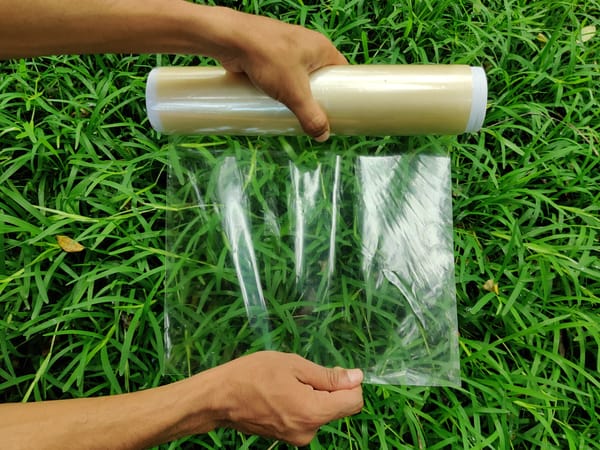5 Environmental Examples From Sustainable Wine Companies
See how sustainable wine companies are working to improve biodiversity, reduce carbon emissions, and more.

When you’re facing stiff competition, you might think that you can’t afford to prioritize sustainability. But as many winemakers demonstrate within a crowded industry, it’s possible to focus on environmental impact, which can ultimately reduce expenses, attract conscientious customers, and help create higher-quality products.
Here, we’ll examine five different practices taking place at sustainable wineries (Many overlap, but we'll highlight a few here.).
Even if you’re not in the wine business, many of these practices likely relate to some part of your company, whether that’s your main production processes, your supply chain, or maybe you just want some names of sustainable wine that you can unwind with after work (responsibly, and being of legal drinking age, of course 😀).





